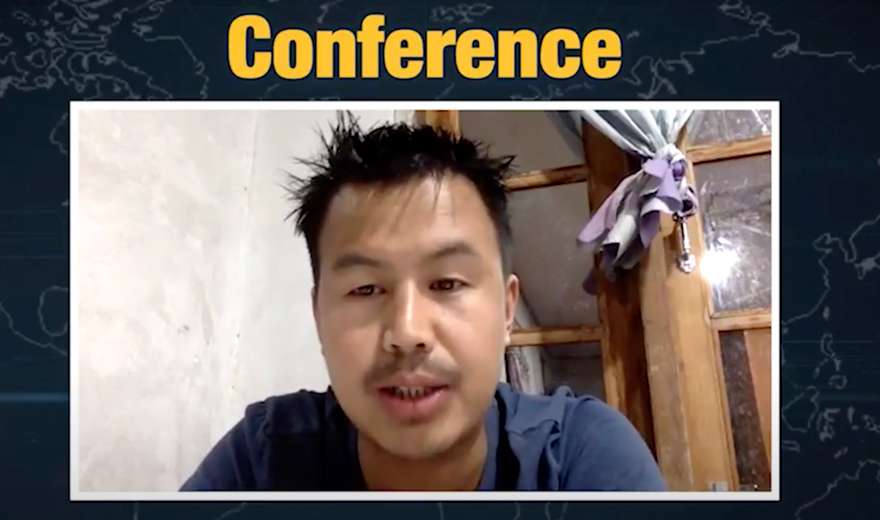The conflict in Myanmar formerly known as Burma triggered by the Military coup on February 1, 2021, that toppled the democratically elected government has become a disastrous for Myanmar. But for Indigenous Peoples the Military power is not something new. For months now, since the military coup on February 1, 2021, people from all walks of life in Myanmar have been continuously taking to the streets in protest. Everyday thousands of people have been detained, including high profile leaders and politicians of the civilian government. Many are kept under house arrest with no outside contact and in most cases their whereabouts are still unknown. Large demonstrations against the coup are occurring daily in Myanmar, defying the curfews and restrictions put in place by the military. There are also reports that dozens of protestors have died while many human rights defenders have been threatened and went into hiding. In this Indigenous Rights Radio Program, Producer Dev Kumar Sunuwar explores how the military coup is affecting the lives of Indigenous Peoples in Myanmar.
Before 1948, when Myanmar achieved independence from the British, Indigenous Peoples had self-administered regions/federated states in their respective territories which they occupied for more than a century. But the civil war in Myanmar started just a month after the country’s independence from Britain in 1948. Later in 1962, the military took power and ruled the country for over 70 years. During the decades, dozens of ethnic groups have taken up arms against the central government and army. The ethnic insurgency has been responded to with brutal repression by the military. Indigenous Peoples, mostly in remote areas, have experienced living under military regime for decades in the past and they understand what military coup means. Khun Khit San, an Indigenous youth leader, as a child witnessed the violence, prosecution, and repression by the military.
"Military power actually is not something new for me and us. I was born in 1988 and since I was born, I have lived under military rule. I had to run a lot when I was studying in high school. I still recall when my father had to hide several times. Villagers were harshly beaten by the military, their food stocks and houses were burnt down. We have lost many relatives and young children because of repressive rulings of the military dictatorship,” says Khun Khit San. “I saw lots of fighting in my village. My parents always had to run from the violence. I saw people beaten by the military. I am so worried about my future and the future of my generation."
“Military power actually is not something new for me and us. I was born in 1988 and since I was born, I have lived under military rule. I had to run a lot when I was studying in high school. I still recall when my father had to hide several times. Villagers were harshly beaten by the military, their food stocks and houses were burnt down. We have lost many relatives and young children because of repressive rulings of the military dictatorship,” says Khun Khit San. “I saw lots of fighting in my village. My parents always had to run from the violence. I saw people beaten by the military. I am so worried about my future and the future of my generation.”
Ever since the military rule in 1962, Indigenous Peoples in Myanmar have faced countless consequences from forced labor, physical violence, and confiscation of their properties. Thus, people have been weary of the military for decades. People are tired. There is fear of returning to the oppressive regime under which they once lived. People from all walks of lives are making their opposition known in the streets now.
In this Television show, Khun Khit San shares how Indigenous Peoples are among the most vulnerable to the Military regime in Myanmar.
